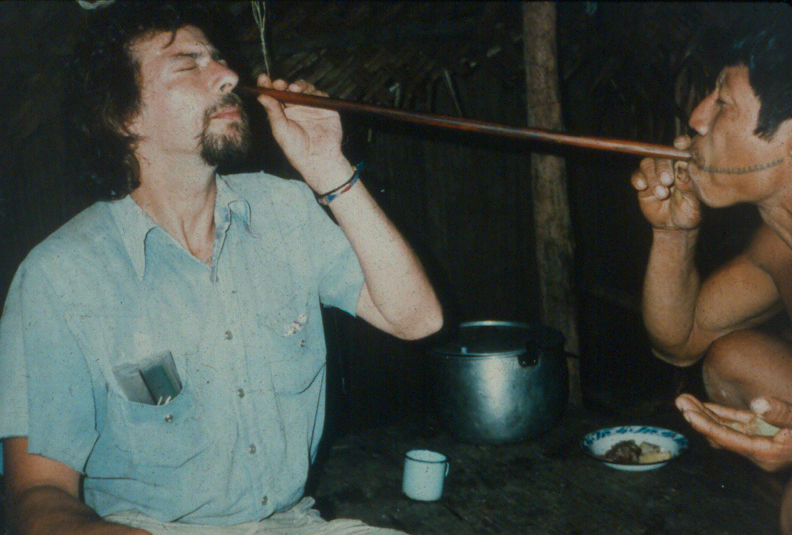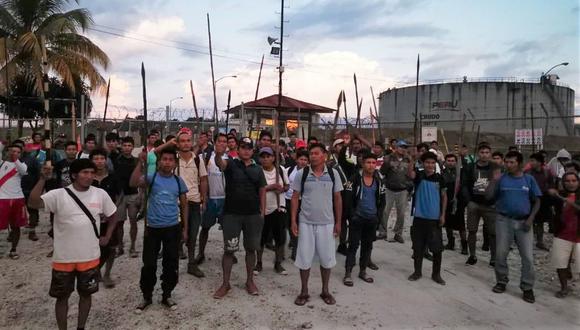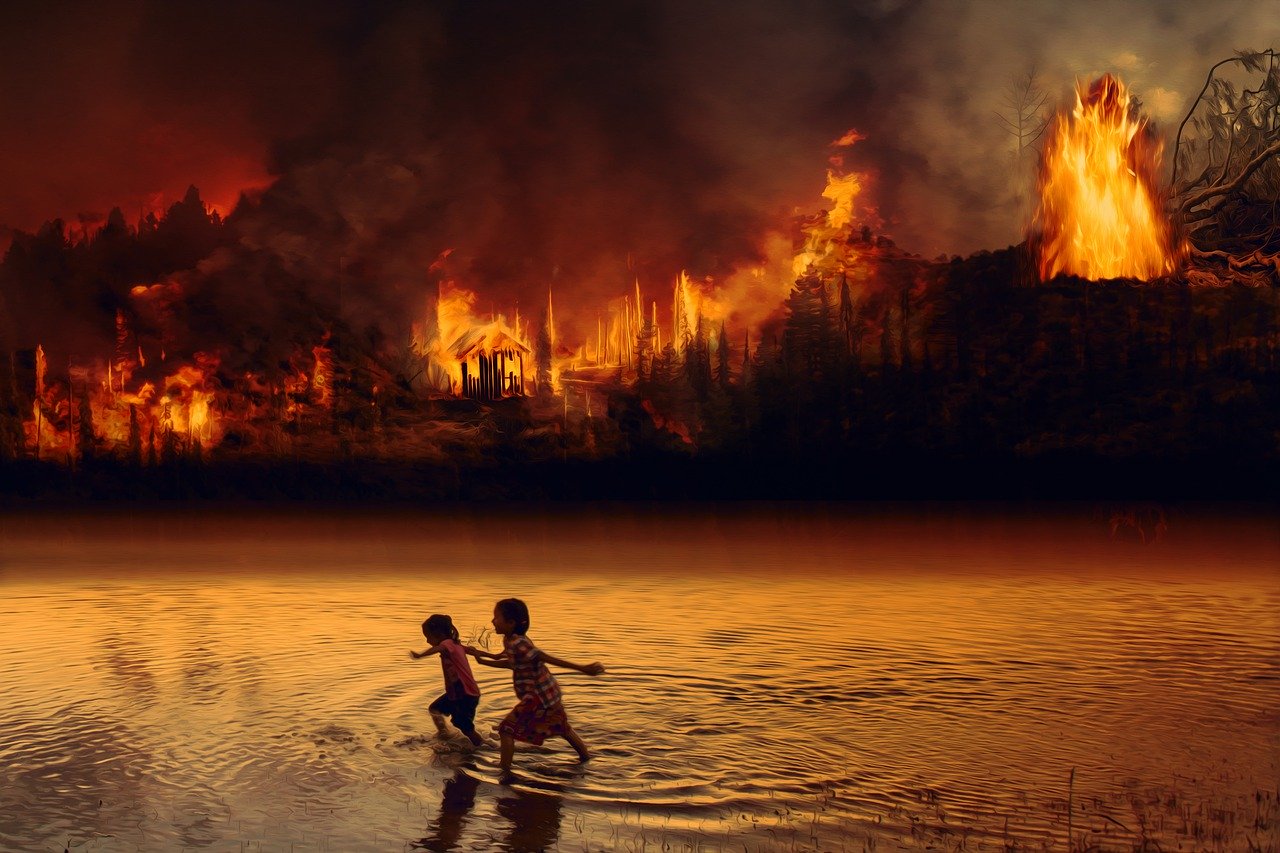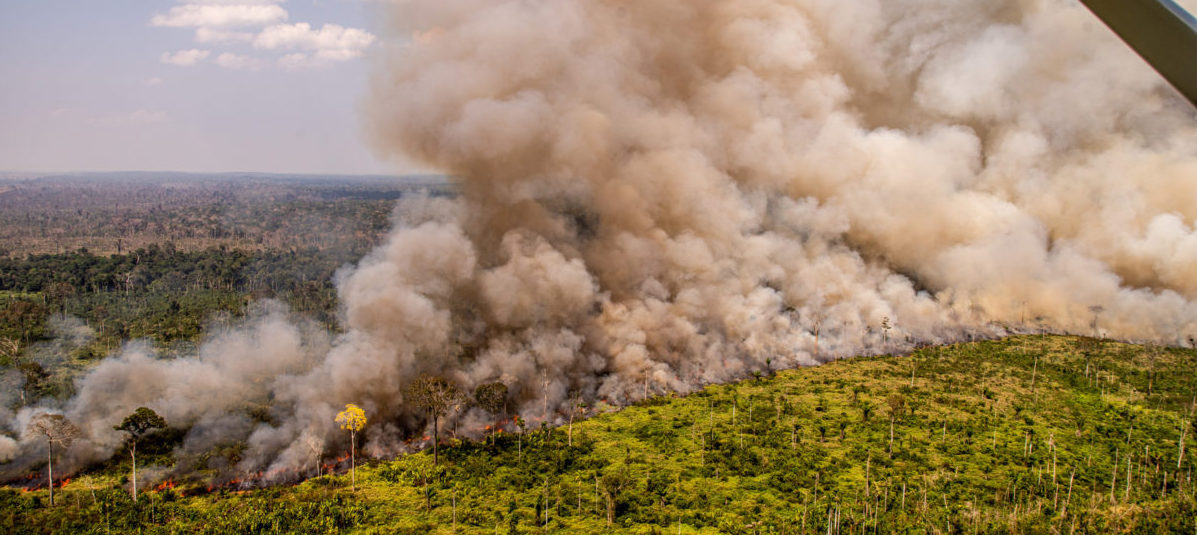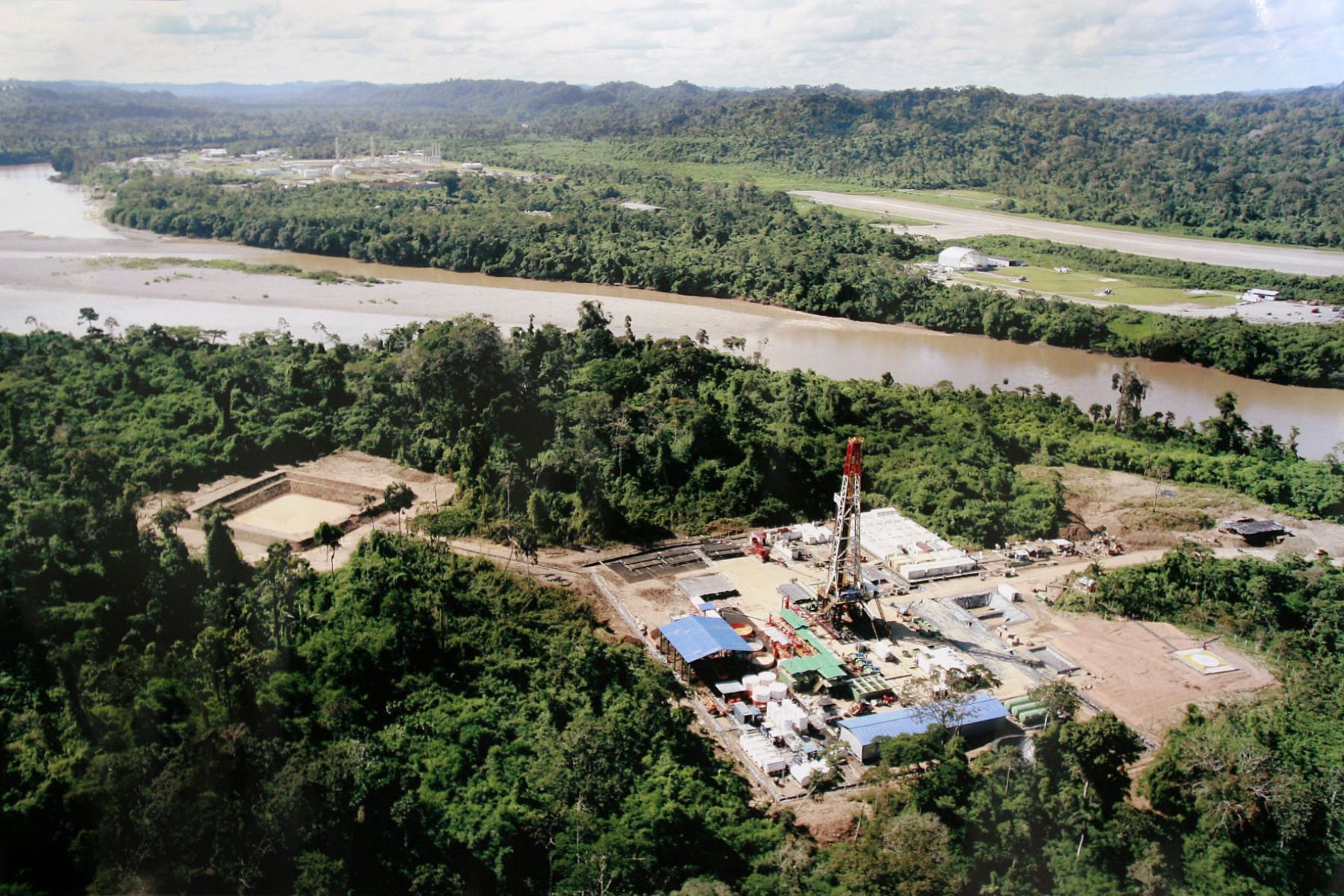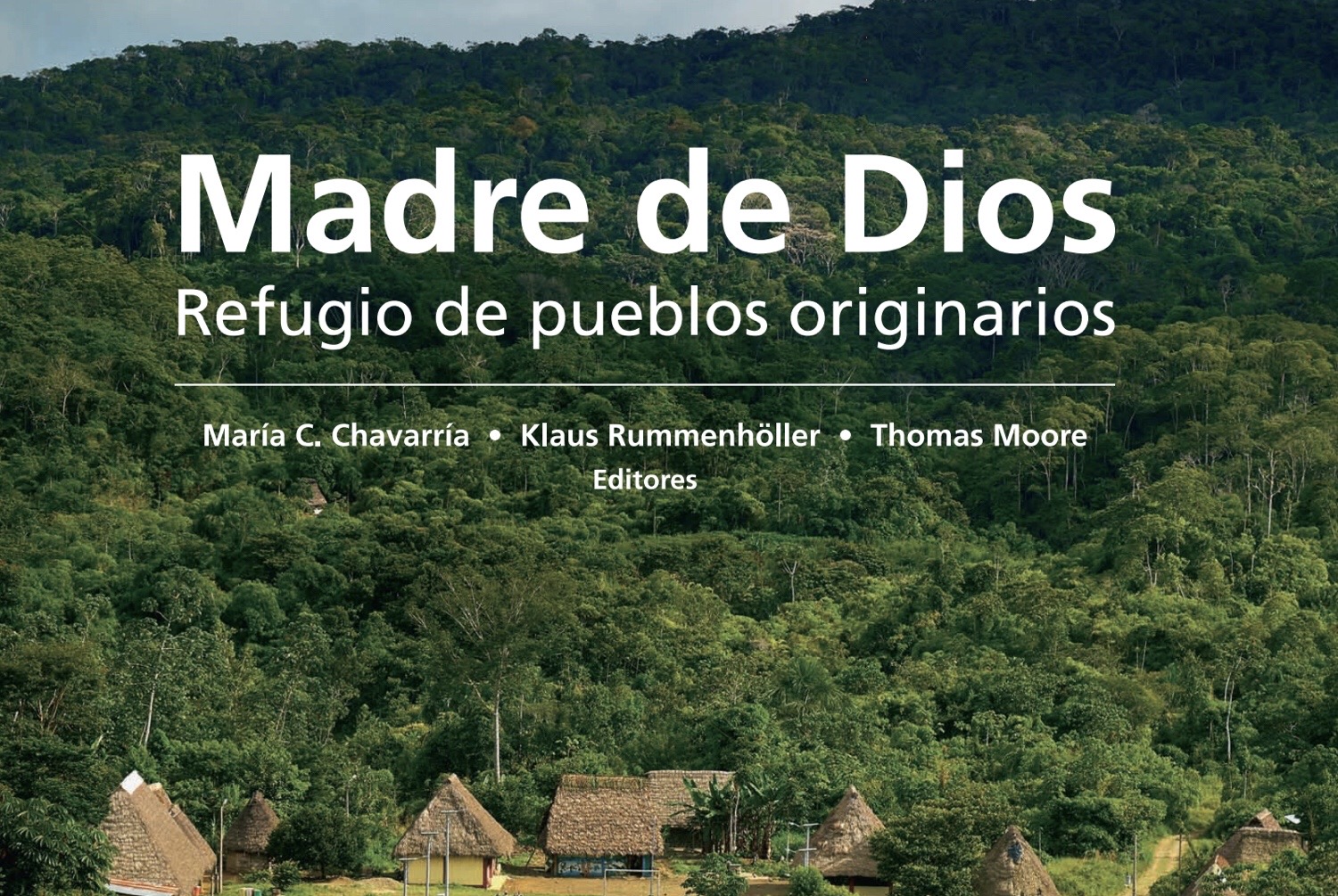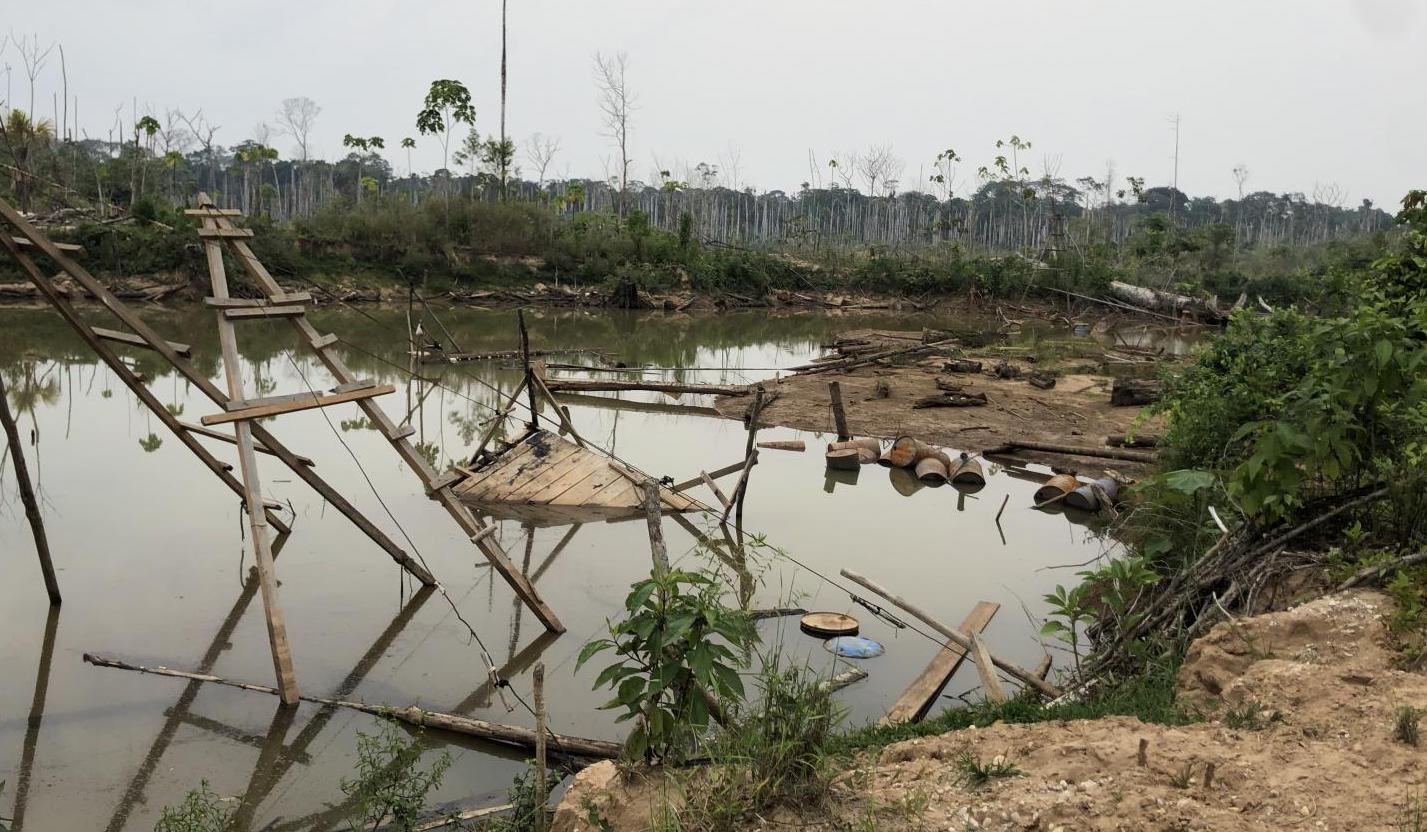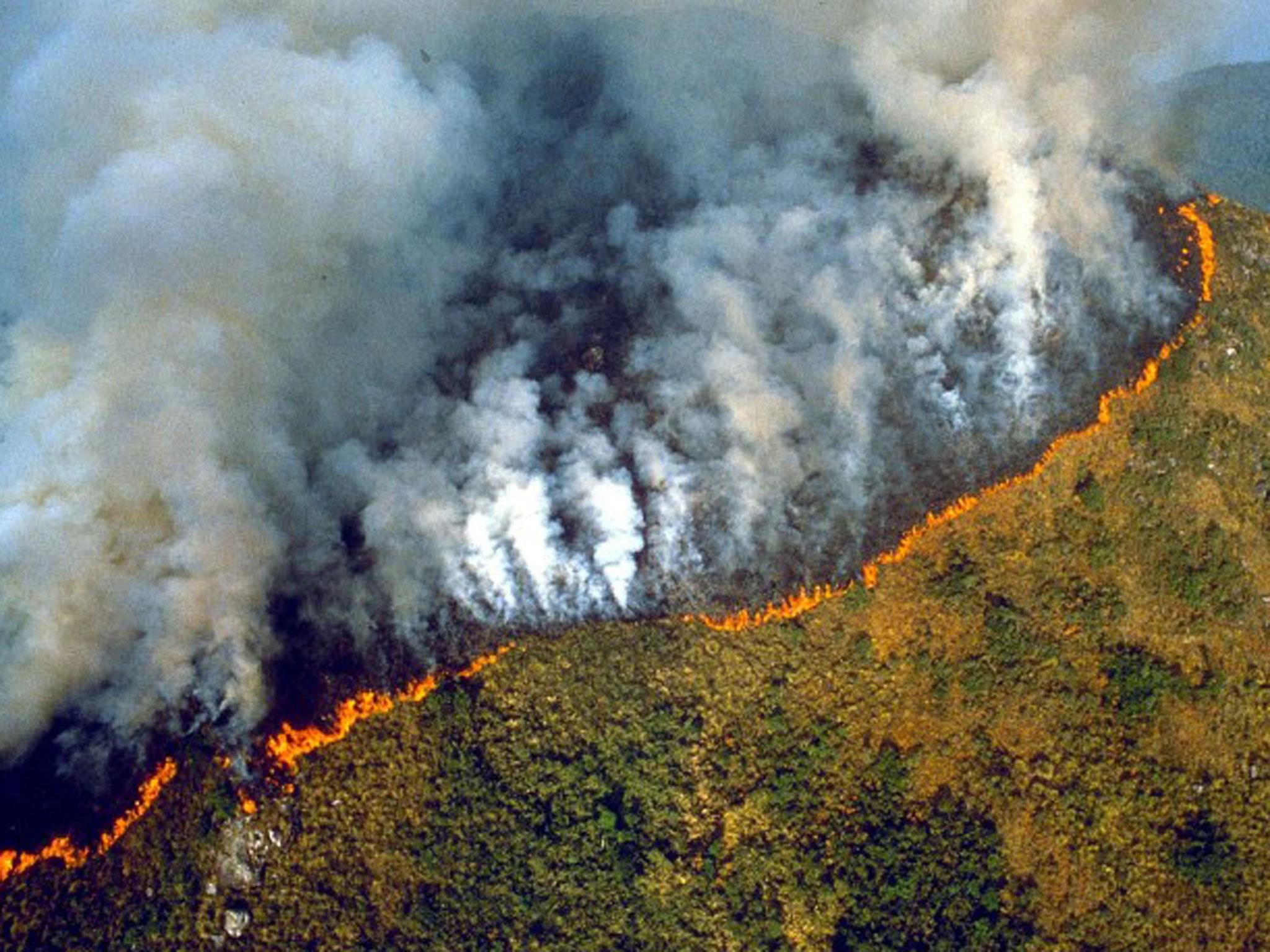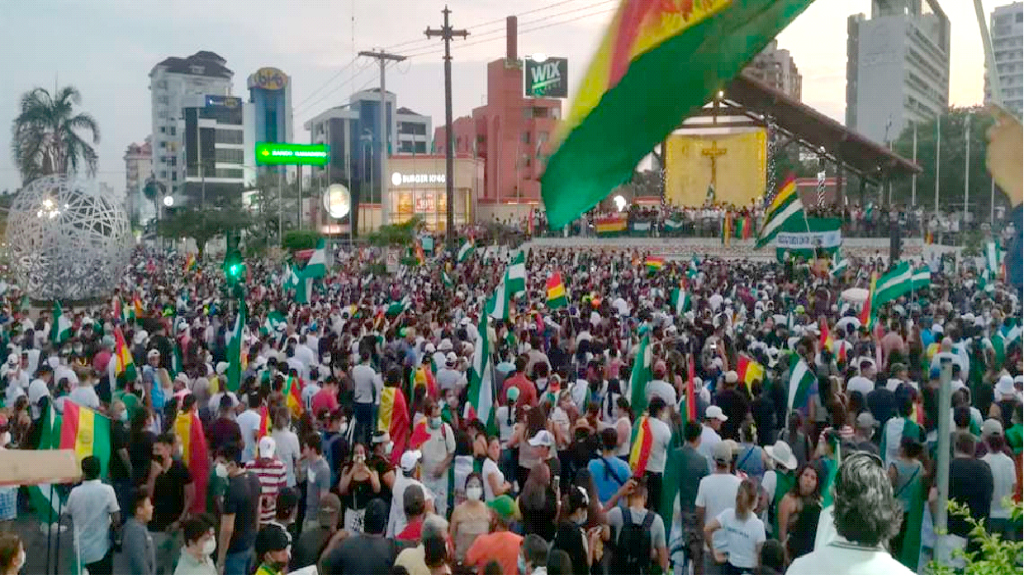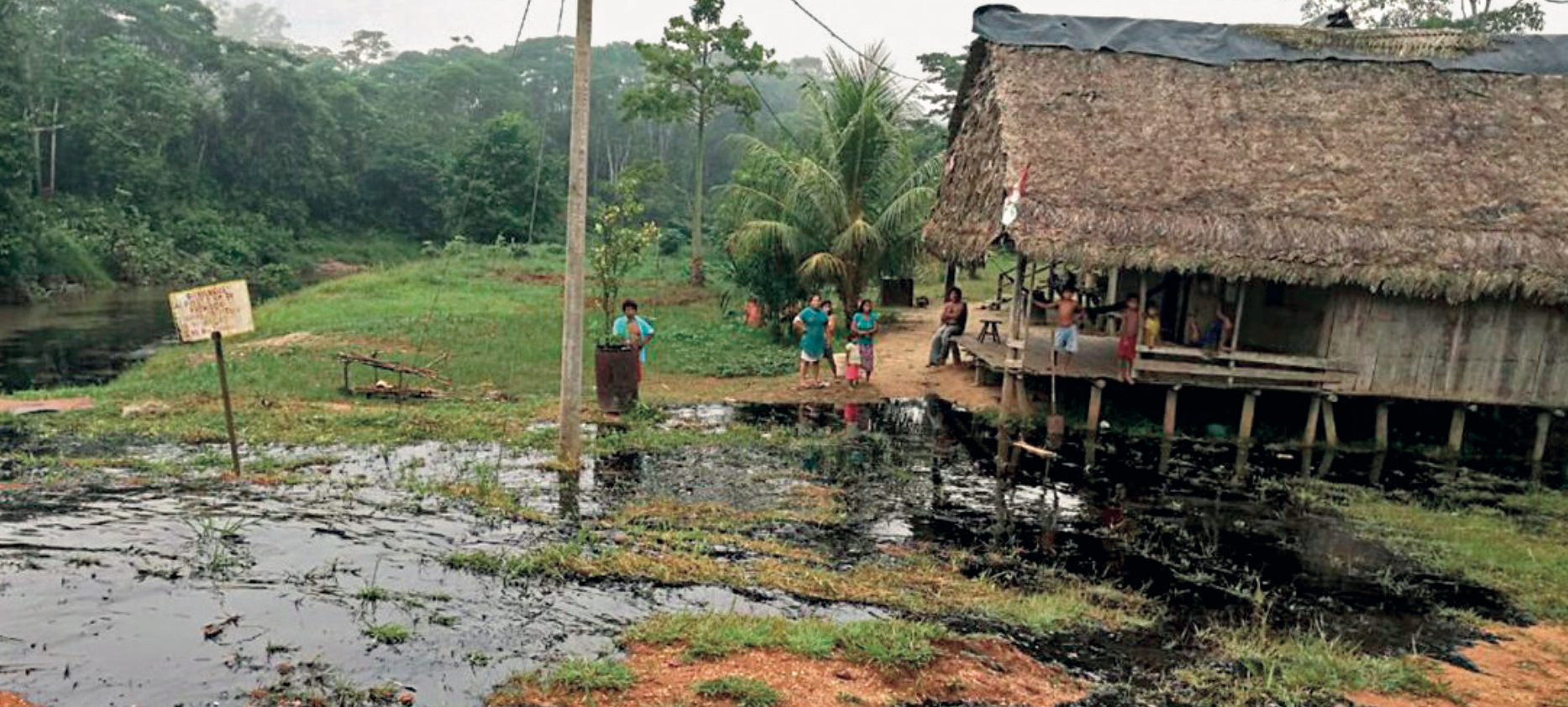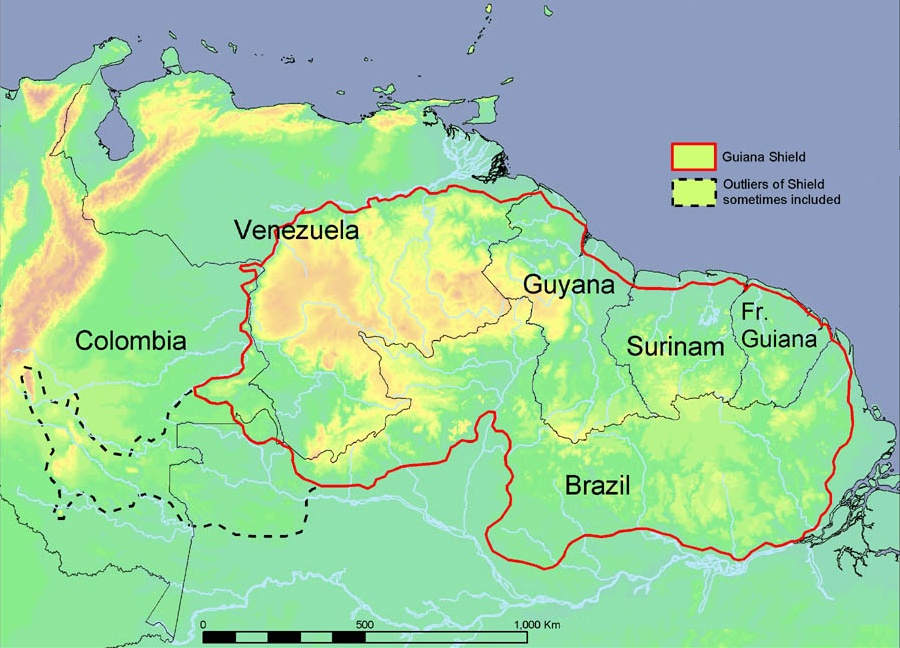
French troops hunt outlaw miners in Guiana
France has dispatched hundreds of army troops to the overseas territory of French Guiana, to hunt down outlaw gold miners who have destroyed thousands of hectares of rainforest along the Maroni River. But apprehending the garimpeiros is nearly impossible; they abandon their camps and dredges and melt into the jungle as the troops approach. Some 9,000 illegal miners are believed to be operating at around 150 sites across the territory—up from little more than 100 a decade ago. The garimpeiros, however, are the smallest links in a chain, paid a pittance—while the dealers they sell the gold to race up and down the river in speedboats. “We’re only catching the little guys,” admitted French Guiana’s public prosecutor Samuel Finielz. (Map of Guiana Shield: WikimediaCommons)



